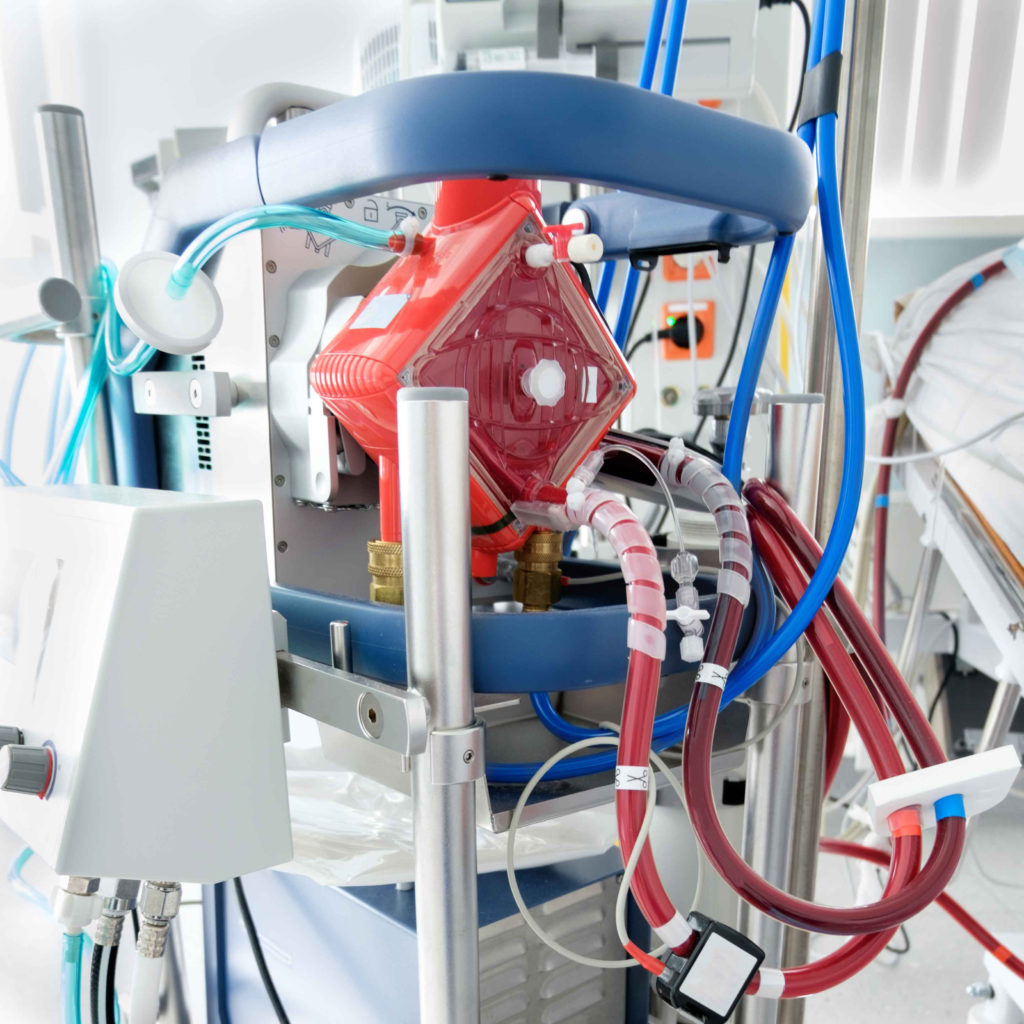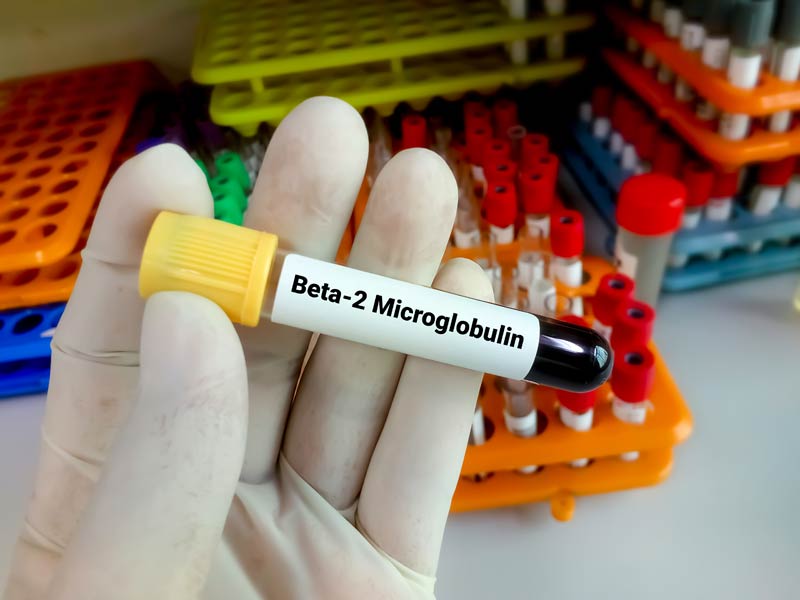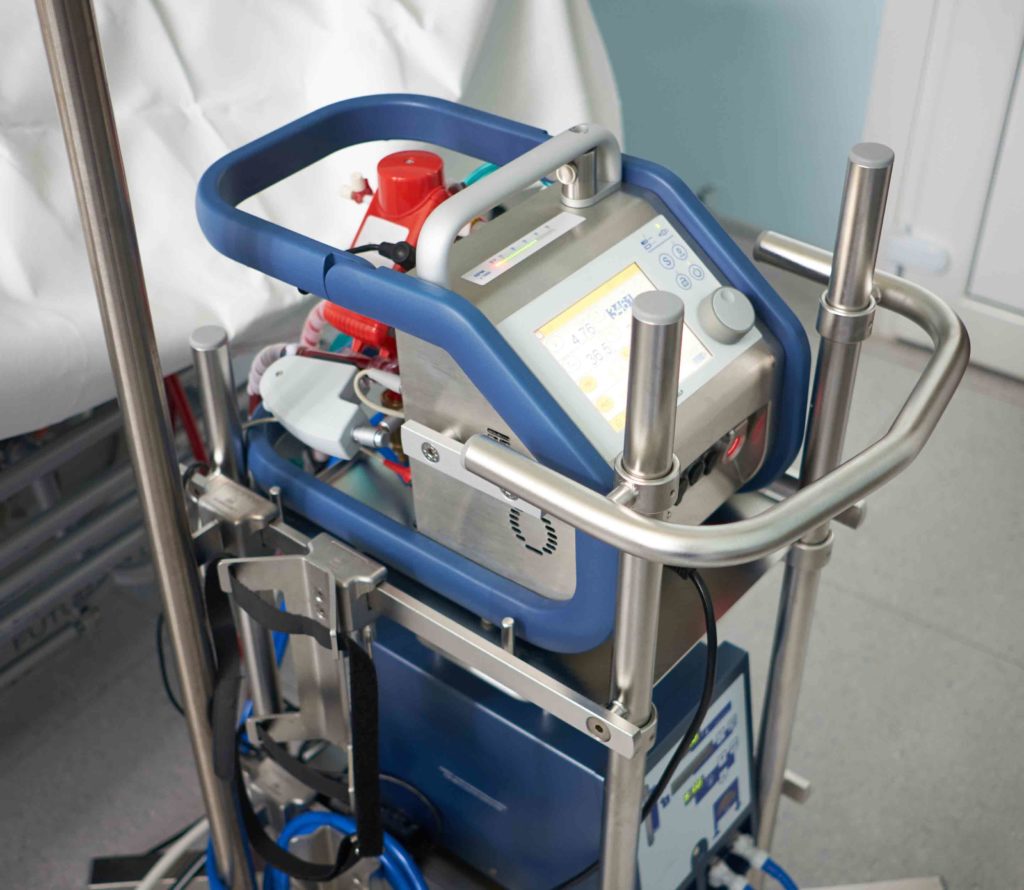SAVE (Survival After Veno-Arterial ECMO) Score

Assessment based on the SAVE score could be useful for patients with refractory cardiogenic shock in whom veno-arterial (VA) ECMO is being considered.
18-38
39-52
53-62
≥63
less 65 kg
65-89 kg
more 89 kg
Etiology of Cardiogenic Shock
Yes
Yes
Yes
No
Yes
No
Yes
No
Renal
Defined as acute renal insufficiency (e.g., refractory > 1.5 mg/dL (132.6 µmol/L) with or without RRT:
Yes
Yes
Defined as either kidney damage or GFR <60 mL/min/1.73 m² for ≥3 months:
Yes
No
Worst value within 6 hrs before ECMO cannulation:
Yes
No
Respiratory
≤10
11-29
≥30
Yes
No
Cardiac
Yes
No
Worst value within 6 hrs before ECMO cannulation :
Yes
No
Worst value within 6 hrs before ECMO cannulation :
Yes
No
Other organ failures pre-ECMO
Defined as bilirubin ≥33 µmol/L (1.9 mg/dL) or elevation of serum aminotransferases (ALT or AST) >70 UI/L:
Yes
No
Includes combined neurotrauma, weight, encephalopathy, cerebral embolism, seizure/epileptic syndromes:
Yes
No
| Patient’s SAVE points | SAVE Score ranges | Risk class | In-hospital survival |
|---|---|---|---|
| 0 | 0 | 0 | 0 |
SAVE score should be avoided in patients receiving veno-venous (VV) ECMO.
ECMO is a resource-intensive endeavour with high morbidity, and patients should be selected carefully for this procedure. Survival estimates may aid the decision process.
NB! SAVE Score = addition of the selected points (below) minus 6
| Variable | Parameters | points | |
| Age, years | 18-38 | +7 | |
| 39-52 | +4 | ||
| 53-62 | +3 | ||
| ≥63 | 0 | ||
| Weight | <65 kg | +1 | |
| 65-89 kg | +2 | ||
| >89 kg | 0 | ||
| Etiology of Cardiogenic Shock | |||
| Myocarditis | No 0 | Yes +3 | |
| Refractory ventricle tachycardia/ventricle fibrilation | 0 | +2 | |
| Post heart or lung transplantation | 0 | +3 | |
| Congenital heart disease | 0 | -3 | |
| Renal | |||
| Acute renal failure Defined as acute renal insufficiency (e.g., creatinine > 1.5 mg/dL (132.6 µmol/L) with or without RRT | 0 | -3 | |
| Chronic renal failure Defined as either kidney damage or GFR <60 mL/min/1.73 m² for ≥3 months | 0 | -6 | |
| HCO₃ before ECMO ≤15 mmol/L (91.5 mg/dL) Worst value within 6 hrs before ECMO cannulation | 0 | -3 | |
| Respiratory | |||
| Duration of intubation prior to initiation of ECMO, hrs | ≤10 11-29 ≥ 30 | 0 – 2 – 4 | |
| Peak inspiratory pressure ≤20 cm H₂O (≤2.0 kPa) | 0 | +3 | |
| Cardiac | |||
| Pre-ECMO cardiac arrest | 0 | -2 | |
| Diastolic blood pressure before ECMO ≥40 mmHg Worst value within 6 hrs before ECMO cannulation | 0 | +3 | |
| Pulse pressure before ECMO ≤20 mmHg Worst value within 6 hrs before ECMO cannulation | 0 | -2 | |
| Other organ failures pre-ECMO | |||
| Liver failure Defined as bilirubin ≥33 µmol/L (1.9 mg/dL) or elevation of serum aminotransferases (ALT or AST) >70 UI/L | 0 | -3 | |
| Central nervous system dysfunction Includes combined neurotrauma, stroke, encephalopathy, cerebral embolism, seizure/epileptic syndromes | 0 | -3 | |
| Constant value to add to all calculations of SAVE-score | −6 | ||
| Total score | −35 to 17 | ||
*If any other cause of cardiogenic shock, no points are added.
Score Interpretation
| SAVE Score | Risk class | In-hospital survival |
| >5 | I | 75% |
| 1 to 5 | II | 58% |
| -4 to 0 | III | 42% |
| -9 to -5 | IV | 30% |
| ≤-10 | V | 18% |
SAVE score assessment predicts only survival to hospital discharge and does not predict neurologic function or functional status, which may be important considerations.
The SAVE score was derived from a cohort of patients who were placed on VA ECMO, and likely excluded many patients who may have had different survival rates.
Patients receiving CPR during cannulation (eCPR) were not included in the derivation of the SAVE Score, therefore, the score may not apply to these patients.
About the creator.
Matthieu Schmidt, MD, PhD, is an assistant professor in Sorbonne Université and in medical intensive care at the Pitié-Salpêtrière Hospital in Paris, France. With more than 100 peer-review publications referenced in PubMed, Dr. Schmidt’s primary research is focused on extracorporeal membrane oxygenation, severe acute respiratory distress syndrome, patient-ventilator interactions, and refractory cardiogenic shock.
Literature
Schmidt M, Burrell A, Roberts L, et al. Predicting survival after ECMO for refractory cardiogenic shock: the survival after veno-arterial-ECMO (SAVE)-score. Eur Heart J. 2015;36(33):2246-56.
Chen WC, Huang KY, Yao CW, et al. The modified SAVE score: predicting survival using urgent veno-arterial extracorporeal membrane oxygenation within 24 hours of arrival at the emergency department. Crit Care. 2016;20(1):336.
Register on our website right now to have access to more learning materials!
Baseline Cardiovascular Risk Assessment in Cancer Patients Scheduled to Receive Cardiotoxic Cancer Therapies (Anthracycline Chemotherapy) – Online Calculator
Baseline cardiovascular risk assessment in cancer patients scheduled to receive cardiotoxic cancer therapies (Anthracycline Chemotherapy)…
National Institutes of Health Stroke Scale (NIHSS) – Online calculator
The National Institutes of Health Stroke Scale (NIHSS) is a scale designed to assess the…
Charlson Comorbidity Index (CCI) Online Calculator
Charlson Comorbidity Index predicts 10-year survival in patients with multiple comorbidities.
Multiple Myeloma Diagnostic Criteria – Online Calculator
Revised Multiple Myeloma International Staging System (R-ISS) Online Calculator
Revised Multiple Myeloma International Staging System (R-ISS) – prognostication tool for myeloma patients based on…
Multiple Myeloma International Staging System (ISS) Online Calculator
Multiple Myeloma International Staging System (ISS) prognosticates the severity of multiple myeloma based on routinely…











